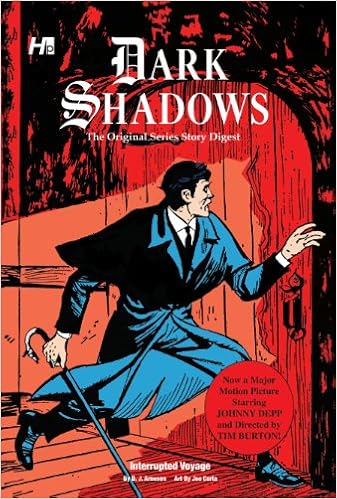For the most part, Van Helsing is pretty long winded and wordy. I imagine if I were one of the characters in Dracula, I'd be inwardly rolling my eyes wishing he would just spit it out and stop rambling every time he needs to explain something; however, Mina Harker's journal entry that describes Van Helsing's experience at Doolittle's Wharf is pretty straightforward and entertaining. It isn't called sailor mouth for nothing!
The first man Van Helsing, Godalming, Seward and Quincey question as they try to learn which ship Dracula has hired to make his escape back to Transylvania swears loudly and often until Godalming greases his palm in return for some information, which makes the man more polite and accommodating. He leads them to other workers on the wharf who are loud and sailor mouthing all over the place, prompting the inquiring men to give them beer money as well.
This scene is pretty funny as he explains how the men describe Dracula's visit to the dock and to the ship Czarina Catherine to arrange his box of earth to be transported. Apparently, the captain of the ship had a raging sailor mouth as Van Helsing describes his language as full of "blood and bloom." He says the men tell him that the captain tells Dracula "...he doesn't want no Frenchmen, with bloom upon them, and also with blood, in his ship, with blood on her also."
Stoker, by way of Van Helsing, reveals the use of swear words, bloody and blooming, without actually using the exact words, which readers probably would have found offensive if not worth censoring, and maintains the common expectation of sailors and dock workers using coarse and vulgar language.
Of course, Dracula wasn't offended in the least by the foul language, as he was probably planning to kill them all anyway to quench his own thirst. I'll have to keep reading to find out!







